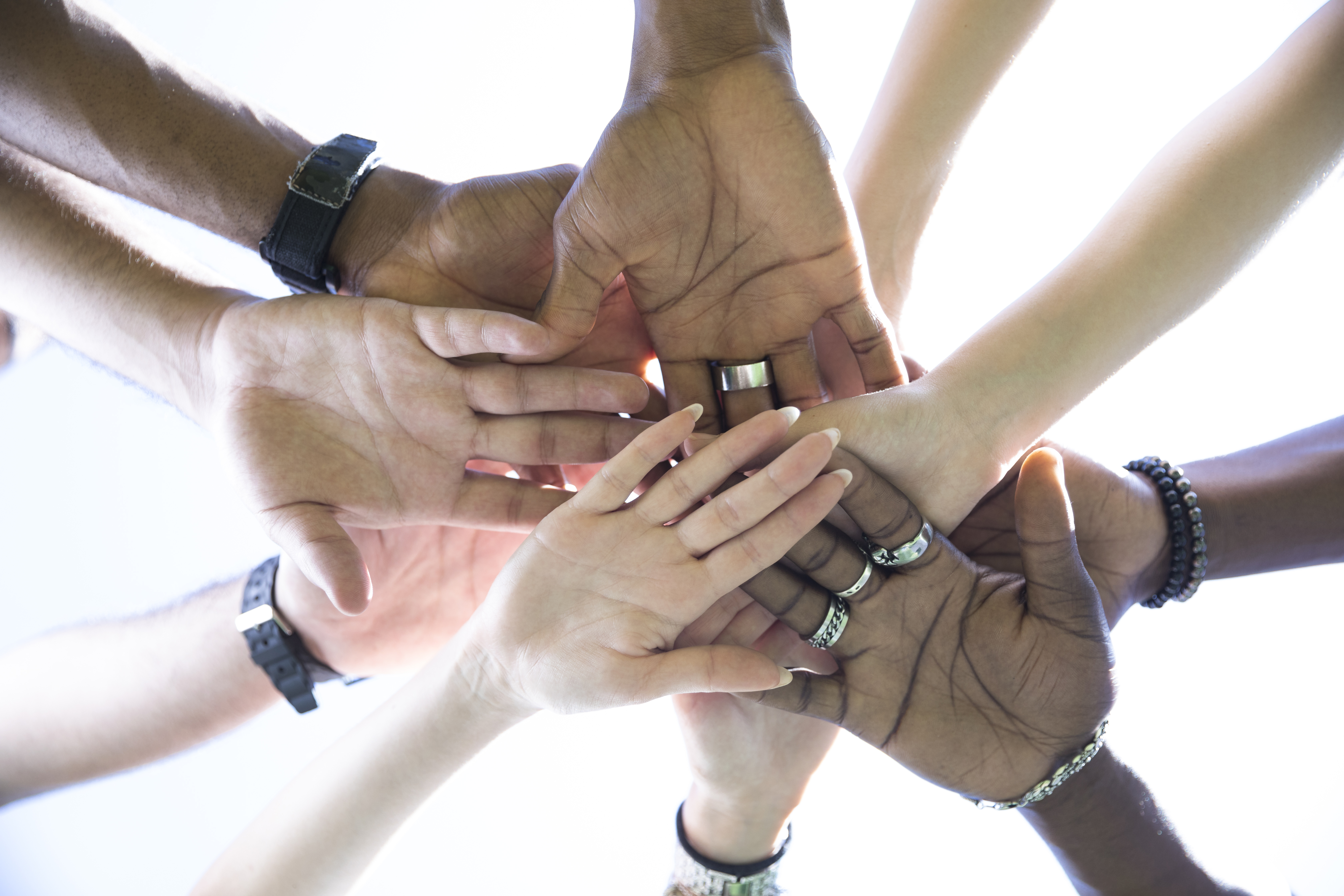A few weeks ago, Leadership Buffalo hosted a town hall that touched on how we all respond differently during a crisis. In recent weeks, the Black Lives Matter movement has rightfully taken center stage after the death of several black persons during police interactions within weeks of each other. It’s no longer enough to understand how we behave in a crisis; we must understand how we can come together to enact change during one.
Clotilde Perez-Bode Dedecker from The Community Foundation for Greater Buffalo broke down three different ways you can be active in the discussion on racial inequality.
Educate Yourself
If you don’t fully understand the long history behind racial inequality, you cannot be a strong voice in the discussion. Learn about the history of slavery in our country or the health disparities in the Black community. If you are not a person of color, make sure that you understand what white privilege is and how it affects your daily life.
Learn more about the Black influence on your community. Support the Black owned restaurants and businesses in your area. Ask your vendors and those you regularly do business with what their stance is on racial equity. And if it doesn’t match yours, consider changing your business relationship.
Once you have begun to educate yourself about the Black experience and have a better understanding, you can effectively give your time and resources in ways that can maximize your impact.
Policy is the most effective tool in the fight for racial equity. To see systemic change in our community, we need to demand the policies to support it. You can get in touch with your elected officials and ask for the changes you want to see in your community. Getting in touch with those who have the power to make change will help you to ensure that your voice is being heard.
In addition to policy work, peaceful protesting is another way to use your political voice. While violence is not effective in these conversations, anger belongs. Seeing a sea of people who are coming together to voice their anger over a situation emphasizes that something is not okay. It’s empowering to those who are involved and inspiring to those who are not.
Change Your Sphere of Influence
It can be challenging and overwhelming to feel as if you are responsible for educating everyone and changing everyone’s mind. But you’re not. Instead of feeling responsible for everyone, focus on your own spheres of influence. Within your sphere of influence, focus on those who are open to learning. There will be a small and vocal minority who are not open to learning; you don’t need to focus your efforts on them.
Make a list of each of your spheres of influence and consider how you can take action within each one. It may be by suggesting resources or inviting someone to attend a protest with you. Or it may be by listening to someone else’s opinion and educating where you see the opportunity to.
You can advocate for change within your workplace. Encourage your organization to implement a diversity and inclusion committee to ensure that you are hiring diverse candidates and fostering an inclusive environment. You can also ensure that there are appropriate processes in place if an employee ever feels the need to report a racial injustice in the workplace.
Don’t Lose Momentum
Martin Luther King Jr. had said “The arc of the moral universe is long, but it bends toward justice.” Clotilde Perez-Bode Dedecker from The Community Foundation for Greater Buffalo expounded upon that quote . She acknowledged that while the arc bends towards justice, it is the leaders of our community who bend it in that direction.
As you start to take these steps and time passes, the most important thing to remember is to not lose momentum. Continue educating yourself. Continue using your political voice. Continue having conversations within your spheres of influences. This is how we can enact systemic change.
Resource Guide
This is not a comprehensive list of resources, merely a guide of where to start.
Educate Yourself:
Greater Buffalo Racial Equity Roundtable
The 1619 Project | The New York Times
White Privilege: Unpacking the Invisible Knapsack | Peggy McIntosh
Policy Work:
Support WNY:
Local Businesses and Organizations
WNY Black and Black-Led Initiatives
Lists of Resources:


